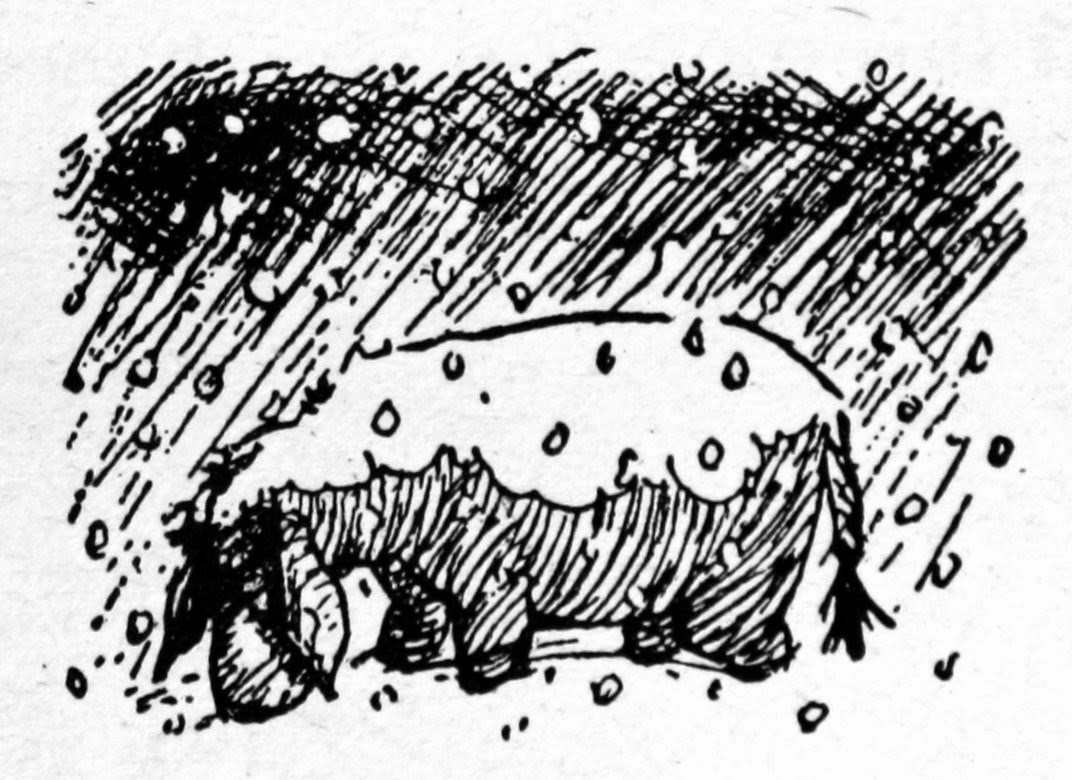Probably a good job that I didn't try this given that I'm unable to move my back properly due to the rather large steel rod in my back, accompanied by its screws, and in my elbow several exceptionally irritating wires. Just quiet - this year we wanted to make sure that this Christmas was especially quiet, no one else than us invited and very minimal communications with others by text or online.
There are two 'spirits' of Christmas prevalent in my life's version of A Christmas Carol (non alcoholic ones I mean, though more on that later!): the ghost of depression and the ghost of anxiety. These two terrible twins love to get at me before Christmas and after it. This whole year I've spent time and money fighting these twins, who are perpetually in the 'terrible twos' phase, exploring and exploiting what they can do and causing nothing but trouble.
It was only earlier this year that I started to realise that I had anxiety as well as depression. Although I've always described myself as someone who couldn't relax at all and whose only hope of an afternoon of not fidgeting madly was to sit in front of the television with my phone to play a game on, a film to watch, and quite possible an enormous amount of leg fidgeting while all of this went on. I literally could not sit still, worrying and worrying about the things to come over and over again, mind reading, fortune telling, forecasting and predicting every possible outcome I could think of.
Now I connect this anxiety I recognise with childhood memories of a familiar sense of unease I now know they represent. I can remember as a child feeling a tremendous discomfort in my stomach, a sense of dread that at three years old I had no vocabulary to articulate. I used to pull in my stomach to try to make the feeling go away. Now it overcomes every part of me and I can finally sense it - I know that I'm anxious - whereas before it was so much a part of me; so stressed and over-sensitised was I at all times, even in sleep, that I didn't even notice it anymore. It's worse at family functions or holidays, work situations or places where I have to see people. So yes, generally quite bad when I get out of the house. Sometimes not even that.
And then we have depression, which is my more familiar of the terrible two. Depression has lived with me a long time and pops up to say hello too often. I think it's when I see the happiness of Christmas that sometimes I feel that that completely unrealistic world - whichever one I'm watching - will be completely out of reach. And let's not even talk about what was going on inside my brain. A whirring of at the very least a trio or quartet of thoughts would un-file themselves from the copious cabinets that somehow found the space to be stored within my brain. The thoughts would be picked at random from the past and begin to circulate slowly at first inside my head.
As I lost my sense of smell almost entirely after the accident, and it hasn't come back yet, I'm finding it hard to taste things as well as I used to. What I can taste and smell are rarities I do really appreciate. I can just about smell Poême, my favourite perfume, and I can taste most of the flavours of the delicious stuffing Mat made for our Christmas dinner.
I've changed my eating and my drinking - cutting down massively on the latter in particular (I never really overeat that much). In fact the only time I've drunk every day for a while this year was on a holiday I took earlier this year. Gone the excess, gone the quite often daily glass of wine; remaining the anxiety and depression when they come with only the prescribed medication and the sense that they will probably pass even if it doesn't feel that way, and eating as healthily as I can (apart from the odd sugary snack or crisp. Hey, I'm only human!) I'm now below the Government's weekly health recommendation for alcohol consumption. Now I just need to work on my addiction to crisps.
So there are my ghosts or spirits. They came back right after Christmas day as I came down from all the foods listed at the top of this page, added to which were a couple of glasses of Champagne and a nice glass of red. I noticed on Twitter my fellow sufferers from mental illness getting ill or antsy right after Christmas - or even on Christmas afternoon itself. We made it to Christmas Eve; then we needed to make it to Boxing day and beyond.
Beyond...yes. What is beyond? It's New Year's bloody eve. The least favourite night of the year for many; the most stressful for others, possibly because six nights after stuffing your face with all those blinis, turkey, stuffing (stuffing on stuffing) the television is telling you that the greatest night of your life is coming up and you'd better find some way to stuff yourself into your best dress and heels. I'm restricted to flats thank goodness, and with my restricted movement I think that I may also need to wear a tent to hide my Christmas pudding tummy. I'm not inviting Depression and Anxiety to come with me because I'm going to go to a party and try to have a good time - fewer drinks, less food and who knows, maybe they won't even come back the next day.


















